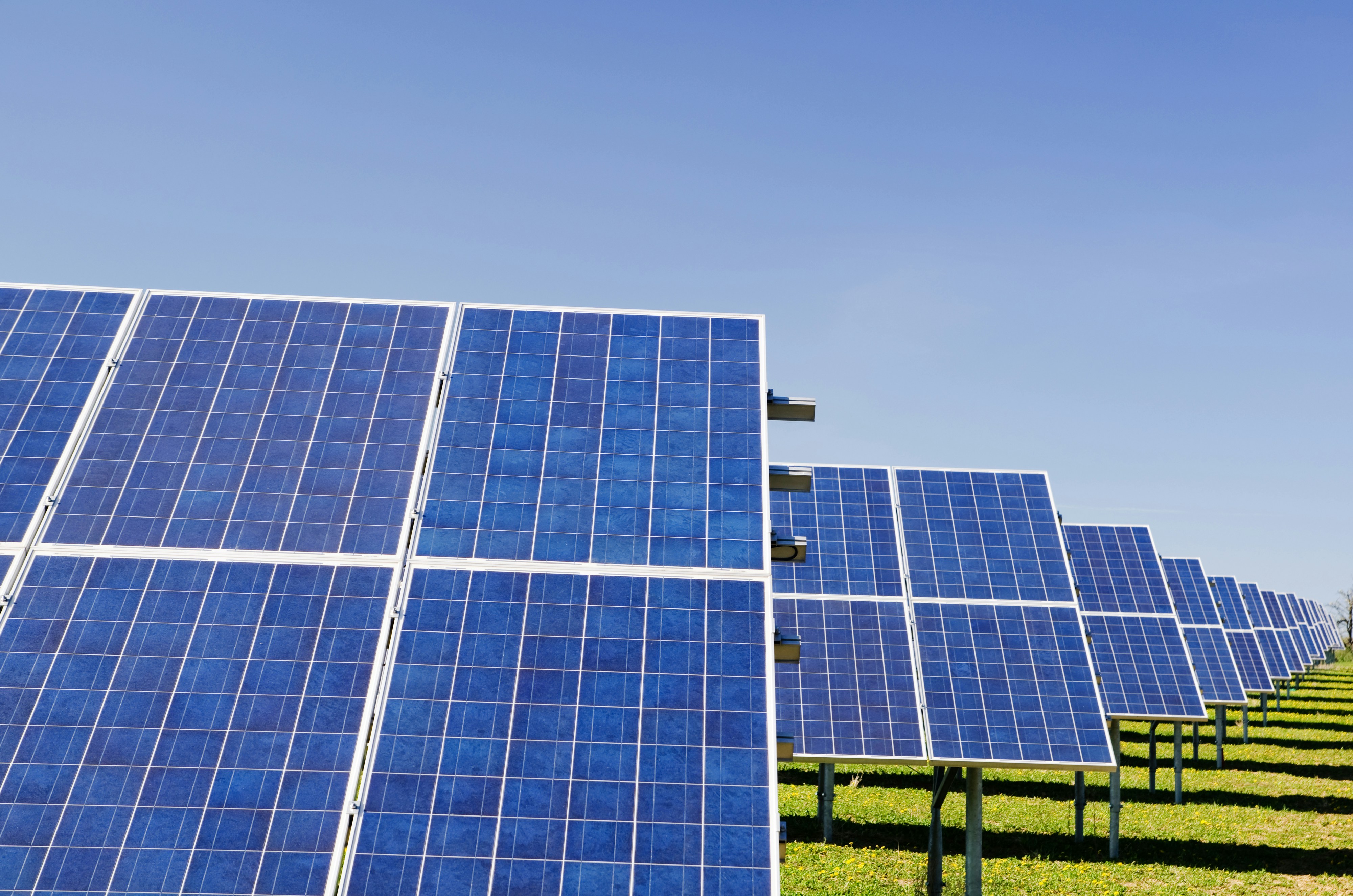A greener approach for our upcoming generation
Embarking on a transformative journey, JRD is poised to unveil sustainable solutions, endorsing our commitment to a greener future. Look into how our innovative products redefine environmental responsibility through project longevity, sculpting higher sustainability.
Reduced Carbon Footprint
JRD's Composite Epoxy Glass Laminates contribute to reducing carbon footprint associated with traditional construction materials.
With extended service life, our composite products minimize the need for frequent replacements, thereby enhancing resource efficiency by reducing waste's.
The corrosion-resistant ensures longer longevity of structures/ equipment.
Eco-Friendly Manufacturing
JRD employs eco-friendly practices in its manufacturing processes through RRR approach (reduce, reuse, recycle), aimed for preserving environment.
Energy Efficiency
The lightweight and high-strength properties of our composite products contribute to energy-efficient construction, lowering transportation costs and energy consumption.
These composites are created by seamlessly blending glass fabric’s robustness with epoxy resin’s resilience. Engineered for superior electrical insulation and mechanical strength, the laminates enable excellent performance for a resilient and sustainable future in diverse industrial applications.
It emerges as a superior alternative, compared to traditional materials like wood, paper, steel and plastic. Here's why Epoxy Glass Laminates stand out:
Unrivalled Durability
Epoxy Glass Laminates: Showcasing resilience and robustness
Traditional Materials: Prone to wear and degeneration over time
Epoxy Glass Laminates: Being strong non-conductive material enables good insulation
Traditional Materials: They require to be insulated
Epoxy Glass Laminates: Offer superior mechanical strength, ensuring structural integrity
Traditional Materials: May experience deformities, bending under stress
Epoxy Glass Laminates: Resistance to corrosion, makes them ideal for challenging conditions
Steel: Prone to rust, especially in corrosive environments
Epoxy Glass Laminates: Manufactured keeping sustainability in mind, minimizing environmental impact
Plastic and Certain Metals: Often involve processes with a more significant carbon footprint
Epoxy Glass Laminates: Adaptable to diverse industrial applications, from construction to electronics
Wood and Plastic: Limited versatility and application range
Superior Bond Strength
Epoxy Glass Laminates: Deliver a bond strength similar to that of steel, but for a longer time
Traditional Materials: May experience bonding weakening over time



